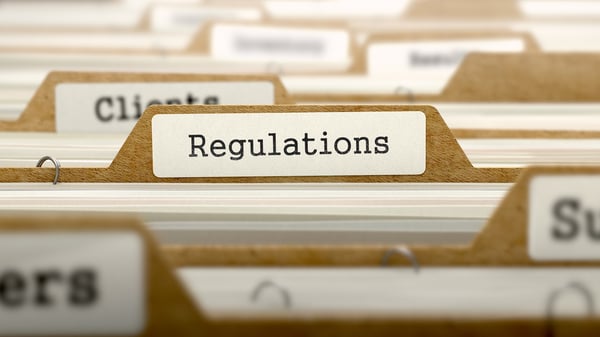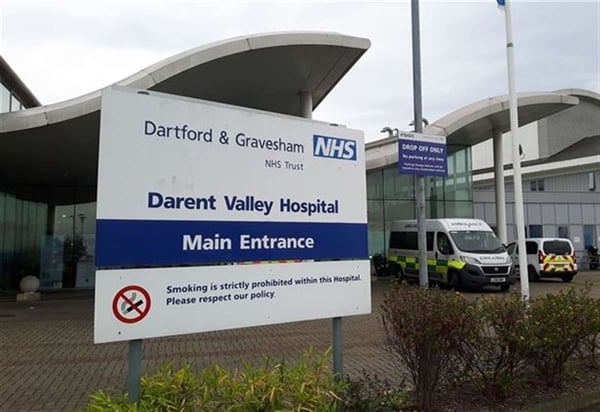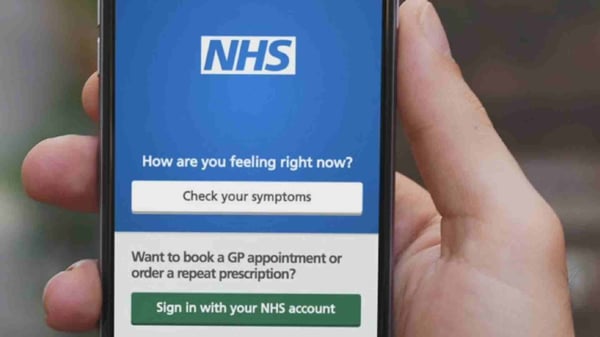RELATED NEWS

The UK Government unveils new approach to regulating AI
2 min read

Dartford and Gravesham NHS Trust secures healthcare IoT device ecosystem
1 min read

New IT system enhances support for vulnerable individuals across Greater Manchester
2 min read

NHS App sees 22m new registrations over the last year
2 min read


 "This announcement of an exciting step change in the regulatory approach in this fast moving area underpins the MHRA’s commitment to support responsible innovation that champions patient safety," said Graeme Tunbridge, Director of Devices at MHRA. "
"This announcement of an exciting step change in the regulatory approach in this fast moving area underpins the MHRA’s commitment to support responsible innovation that champions patient safety," said Graeme Tunbridge, Director of Devices at MHRA. "